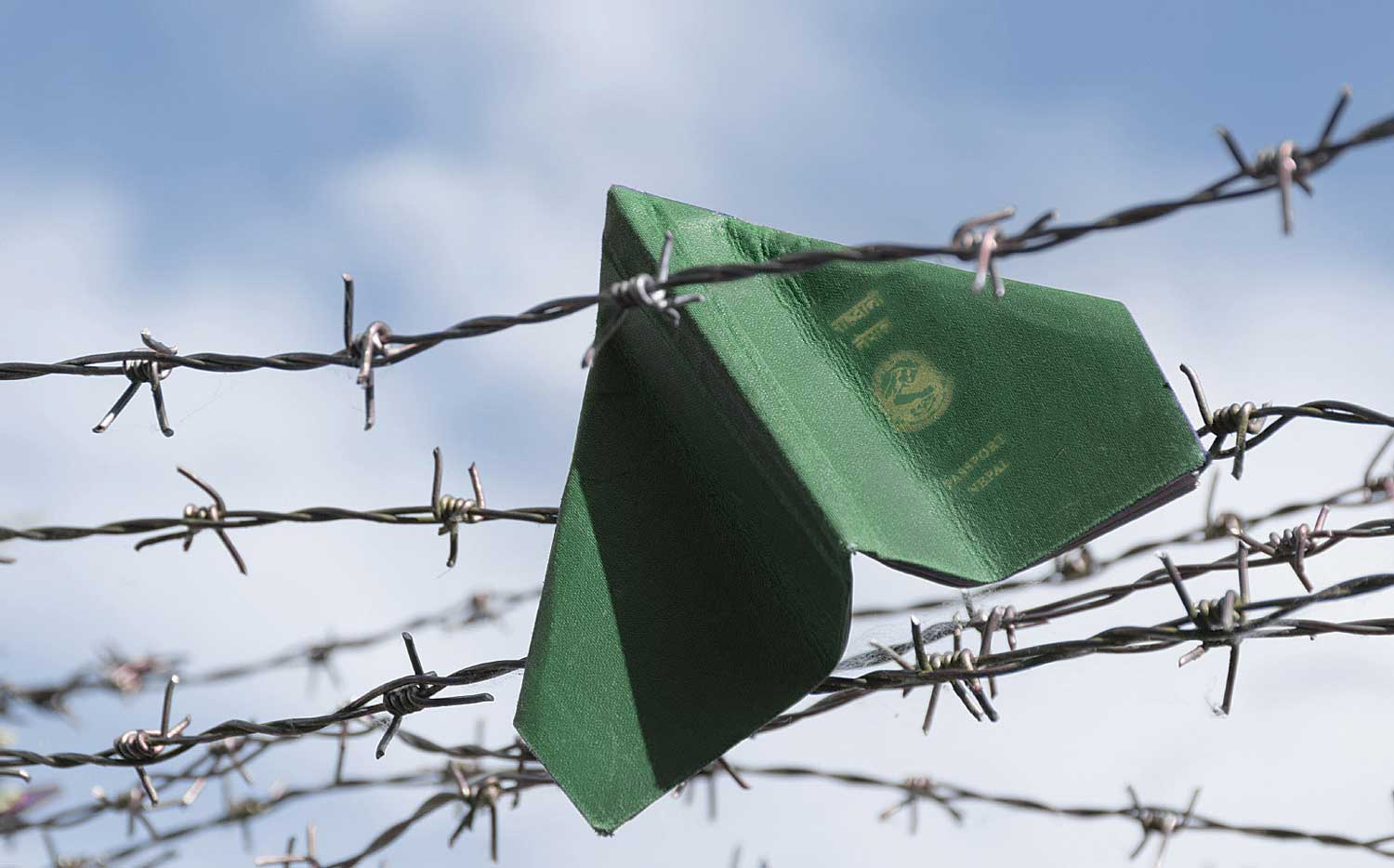
First and foremost, some bare facts.
 Basant Chaudhary is a Poet, Writer, The Chairman of BLC and Basant Chaudsshary Foundation. ([email protected])
Basant Chaudhary is a Poet, Writer, The Chairman of BLC and Basant Chaudsshary Foundation. ([email protected])
- As I pen this piece on May 19, 2016, crude oil Brent trades at $47.86 per barrel. Certainly an improvement over $28 to which it had plummeted after the price fall commenced in 2014! But indeed a far cry from the $125 zone in which it used to hover steadily till 2014. One also remembers a barrel costing $150 not so long ago. But all that seems like a dream now. The forecast is grim. A crude oil Brent barrel will not fetch more than $54 at least till 2017-end and that too once in a blue moon.
- Saudi Arabia‘s economy is in a bad shape. Its oil minister of two-decade vintage has been replaced by a new one. The latest budget has horrified citizens. Taxes, so far unheard of in the world‘s largest oil exporting country, have been levied. Subsidies have been curtailed. Wages of the largely migrant work force are getting slashed. Saudis have been given more than a hint that they will now need to work, that is, soil their hands. A traumatic prospect indeed for a generation used to wallowing in luxury! The Kingdom, whose 73% of total revenue comes from the oil industry, lost 23% of its oil income last year. The country announced a budget deficit nearing $100 billion. According to the International Monetary Fund, Saudi Arabia could go bankrupt in five years if things continue the way they are.
- Qatar‘s Al Jazeera media network has suddenly reduced its global headcount and has pulled the plug on its America channel, launched in 2013 only, because of drastically declining oil revenues. According to the Middle East Institute, the Emir Sheikh Tamim bin Hamad Al Thani warned Qataris in November 2015 that due to tumbling oil prices, the government could no longer "provide for everything.†This is in spite of the fact that Qatar‘s economy is the most diversified amongst the Gulf Cooperation Council countries and is not unduly dependent on oil; it relies more on natural gas reserves and engagement in other economic activities like finance, both conventional and Islamic, construction, sports, tourism, etc. Yet austerity measures like cuts in electricity subsidies and rise in domestic petroleum prices for the first time in eight years were vociferously resented by the Qataris. The country has applied brakes on its prestigious $6.4-billion al-Karaana petrochemical project. Jobs are being slashed. Expatriates will be bearing the brunt of the downturn. In fact, the rising cost of living is driving away highly skilled foreign professionals. The impact is being felt by even low and semi-skilled labour migrants now.
- Being an exporter of crude oil, Malaysia too is feeling the pinch of its price fall. The Ringgit has depreciated by 30 percent in a year. Only 30,414 Nepalis left for Malaysia between August 2015 and January 2016 whereas more than 152,453 left during the same period the previous year, figures from the Department of Foreign Employment reveal.
- By now it should be obvious that the challenge rocking the Organisation of the Petroleum Exporting Countries (OPEC) is a clear and present danger for the migrant labour which keeps these economies ticking. Upheavals in these countries can spell doom for a country like Nepal which derived 29.2% of its gross domestic product in 2014 from remittances. The amount stood close to $7 billion.
 Basant Chaudhary is a Poet, Writer, The Chairman of BLC and Basant Chaudsshary Foundation. ([email protected])
Basant Chaudhary is a Poet, Writer, The Chairman of BLC and Basant Chaudsshary Foundation. ([email protected])
Published Date: June 14, 2016, 12:00 am
Post Comment
E-Magazine
RELATED Business Sutra





